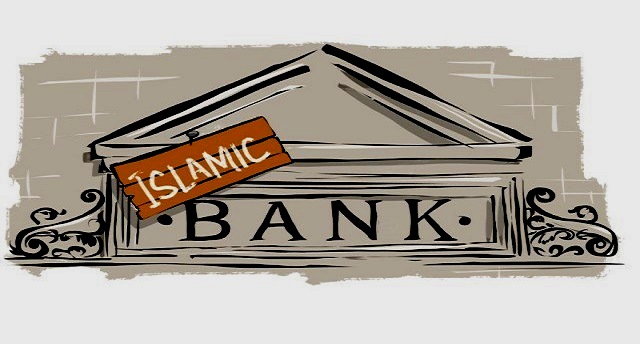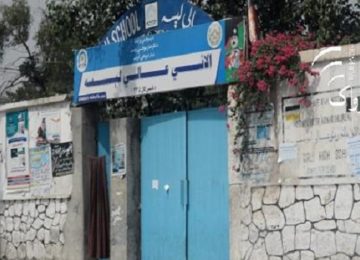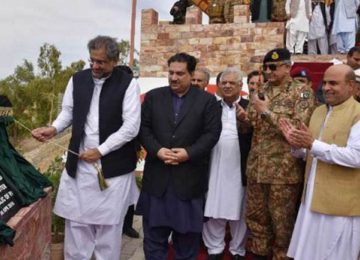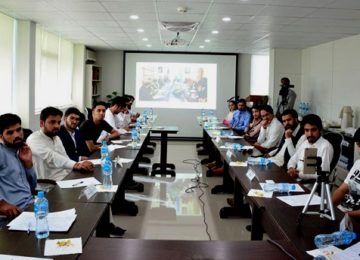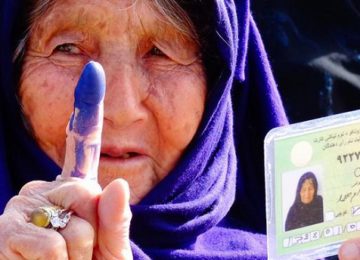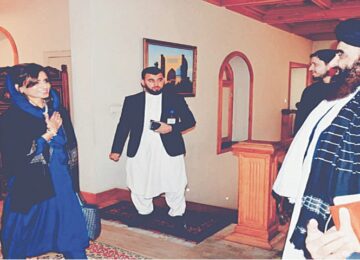KABUL – Afghanistan’s central bank has granted a license to the Islamic Bank of Afghanistan (IBA), the first lender in the country to apply the interest-free principles of Islamic finance in all its operations, a senior bank official told Reuters.
The IBA was previously known as Bakhtar Bank and operated under a conventional banking license since it was acquired by Azizi Bank in 2009.
The central bank, Da Afghanistan Bank, granted the license on 9 April after the IBA completed the conversion of its balance sheet, said Faizan Ahmed, chief financial officer and member of the IBA management board.
The bank began converting its assets and deposits in January to adhere to religious principles that include bans on gambling, alcohol and interest-bearing debt.
The IBA had paid-up capital of $25 million and held $187 million of deposits as of December, offering its services across a network of 59 branches.
Afghanistan’s banking sector is small, but Islamic finance is seen as an important feature that could help attract more people into the financial system. IBA estimates that only 5.7% of the population has dealings with the banking sector.
The bank hopes to capitalise on its branch network – the third largest in the country – to double its balance sheet over the next two years, Ahmed said by telephone.
A majority of households in the country of 30 million shun interest-based finance, partly for religious reasons.
The central bank issued a regulatory framework for Islamic banking in 2015 to address this, with rules based on standards issued by the Bahrain-based Accounting and Auditing Organisation for Islamic Financial Institutions.
IBA’s current products include a mudaraba savings account, a form of investment management partnership, as well as financing products based on ijara, an installment-based leasing contract.
It plans to introduce wealth management products and launch new digital banking services in coming months, Ahmed added.
Islamic banking has been offered in Afghanistan by a handful of firms through so-called Islamic windows, but there have been no full-fledged Islamic banks which are common in countries such as Malaysia, Pakistan and Bahrain.
Lenders with Islamic windows include Afghan United Bank, Ghazanfar Bank and Afghanistan International Bank.
This piece originally appeared on ewn.co.za on April 23, 2018. Original link.
Disclaimer: Views expressed on this blog are not necessarily endorsed or supported by the Center for Research and Security Studies, Islamabad.



